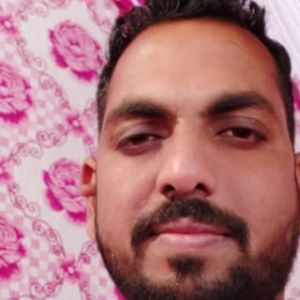Sheikh Saud and the Transformation of Ras al KhaimahPosted by mahendra on October 18th, 2019 In 1991, The Free Press published Idea Brokers, authored by James A. Smith, a book that discussed the emergence of think-tanks and high profile consultancy firms by governments for the purpose of obtaining expert advice conducive to drafting and implementing national policy. One of the points made by Smith in his book dealt with the natural suspicion that may arise when thinking about the true intentions of advisers retained by political leaders, and this can be traced back to the days when monarchies sought "wise men" to provide advice to royal courts. How can you be certain that the wise man does not have ulterior motives or a hidden sociopolitical agenda? Think-tanks have been increasingly retained by rulers of the United Arab Emirates, and the most commonly cited example in this regard is Dubai, where political leaders had a valid economic concern. We all know that Dubai and other Emirates such as Abu Dhabi have abundant oil riches, but rulers know that this natural resource cannot last forever; furthermore, demand for oil and gas as energy commodities is decreasing because renewable energy technologies such as solar and wind power have advanced to very practical levels. The rulers of Dubai decided to put their oil fortunes to work by making this Emirate an international business center and one of the most extravagant modern destinations in the Middle East. The economy of Dubai has been thoroughly transformed in many respects, and a lot of this development can be attributed to the vision that think-tanks and policy consultants suggested. In the case of Ras al Khaimah, the Emirate directly to the northwest of Dubai, an economic miracle has been taking place, one that shares many similarities to Dubai, but two major differences as well. First of all, Ras al Khaimah does not have a hydrocarbon advantage; decades of exploration have concluded that there is no oil or gas to be extracted. Second, there is no need to question "wise men" intentions in RAK because His Highness Sheikh Saud bin Saqr Al Qasimi has the sapience required to execute the development blueprint formulated by his late father. The Sheikh was educated abroad; he attended schools in Lebanon and the United States, and he graduated from the University of Michigan with degrees in economics and political science. Upon returning to RAK in the late 1970s, he was appointed to a municipal post and would later assume the duties befitting a Crown Prince. In his son Saud, Sheikh Saqr had the advantage of a prospective leader who had traveled overseas to see the world and become educated on the main topics of socioeconomic reform. To a great extent, Sheikh Saqr had a wise man by his side, one he could fully trust to expand on his vision of an Emirate able to compete on the level of Abu Dhabi and Dubai. More importantly, Sheikh Saqr fully trusted his son's commitment to creating economic diversity and empowering RAK society. RAK is not a technocracy, but there are a couple of interesting aspects of its government that can be associated with the work usually conducted by think-tanks and policy experts. The RAK Investment Authority, for example, is a special fund capitalized by the sovereign activities of RAK in the global financial markets, but it does not seek out investment opportunities; instead, it works to promote RAK as a major business hub. This fund is highly dependent on the sovereign credit rating of RAK, and the Sheikh continuously strives to achieve the coveted "AA" investment qualification. There is also the Al Qasimi Foundation for Policy Research, a quasi-governmental agency with a dual mission to provide welfare in a charitable manner and to shape sovereign decisions. This foundation is endowed by the house of Al Qasimi, but additional funding comes from philanthropic contributions as well as special projects. While it is true that RAK has retained policy consultants to advice the Sheikh on certain matters related to his vision of socioeconomic reform, he can be thought of as being the main consultant appointed by his father. Most of the policy ideas, which have been quite effective, come from the activities conducted by the RAK Investment Authority and the Al Qasimi Foundation. Like it? Share it!More by this author |


